The Horsfall Family
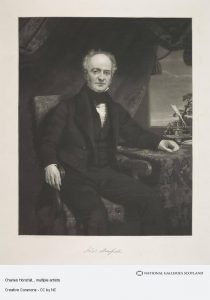
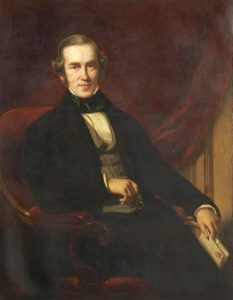
The Horsfall family commissioned the building of some of Liverpool’s finest churches. The founder of the family fortune, Charles Horsfall 1776-1846, was a plantation owner in Jamaica and British Guiana who received compensation of over £11,000 for the enslaved people he had to free when slavery was abolished in 1834.
His son, Thomas Berry Horsfall 1805-1878, also made an unsuccessful claim for compensation for the Hopewell estate that he had an interest in, on the island.
When the slave trade was abolished in 1807 the connections that had been made with West Africa by Liverpool merchants through slaving were put to lucrative use via the trade in ‘legitimate’ goods. The Horsfalls continued to make vast wealth from slave-produced palm oil that was used to lubricate the machinery of Britain’s industrial revolution and was a key ingredient in soap-making, an industry that would become a major employer in the area around Liverpool during the 19th century.
Interestingly, Thomas Berry Horsfall had a number of black relatives. His maternal grandfather, Thomas Berry, a Jamaican plantation owner and father of Berry Horsfall’s mother, Dorothy, also fathered a number of children with ‘a free brown woman, Mary Dawkins’. On the 3rd May 1792, in Kingston, Thomas had his son with Mary, also named Thomas, baptised (baptism entry pictured below). Free blacks in Jamaica were prevented from getting an education on the island due to racist legislation passed by the colonial assembly and this may have led to young Thomas being brought to Liverpool by his father, in order to learn a profession as there were no legal barriers to education for blacks in Britain. When Thomas Berry the elder died in Liverpool in 1809, he left in his will £600 to his ‘reputed son also Thomas Berry now apprenticed to Mr Orrell of Liverpool, sadler’. Although this was a significant sum, the £600 was charged with the costs of freeing Betty Cunningham of Berry’s Mount Gabriel estate. The will also instructed his executors to free William Berry on his Knowsley plantation, indicating that Thomas Berry may have had other children of colour than just those born to Mary Dawkins. The vast majority of his wealth, including his Jamaican estates and the enslaved people he owned were left to his white daughter, Dorothy Hall Berry and her descendants. His property at Mile End in Liverpool he left in trust to his young grandson, Thomas Berry Horsfall. T.B. Horsfall would serve as M.P. for Liverpool 1853-1868 and on his death he left more than £200,000.
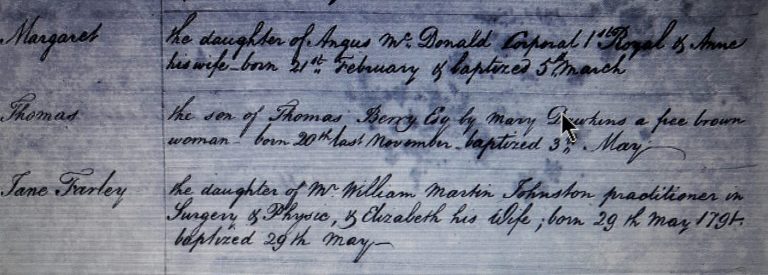
Six Horsfall churches survive today, three of them in the Toxteth & Aigburth area: St. Margaret of Antioch, Princes Avenue, St Agnes and St Pancras, Ullet Road and Christ Church, Linnet Lane, all of which are listed (all pictured below) for their architectural importance by English Heritage.
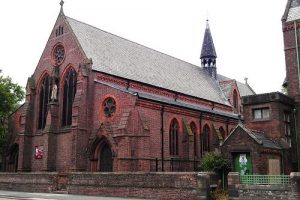
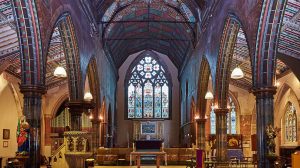



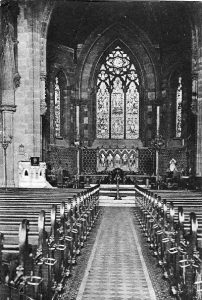
Many of Liverpool’s most important 18th and 19th-century churches were built by people who had made fortunes in slavery and the slave trade.
Charles Horsfall was a founding member of the Royal Institution and invested in one share.